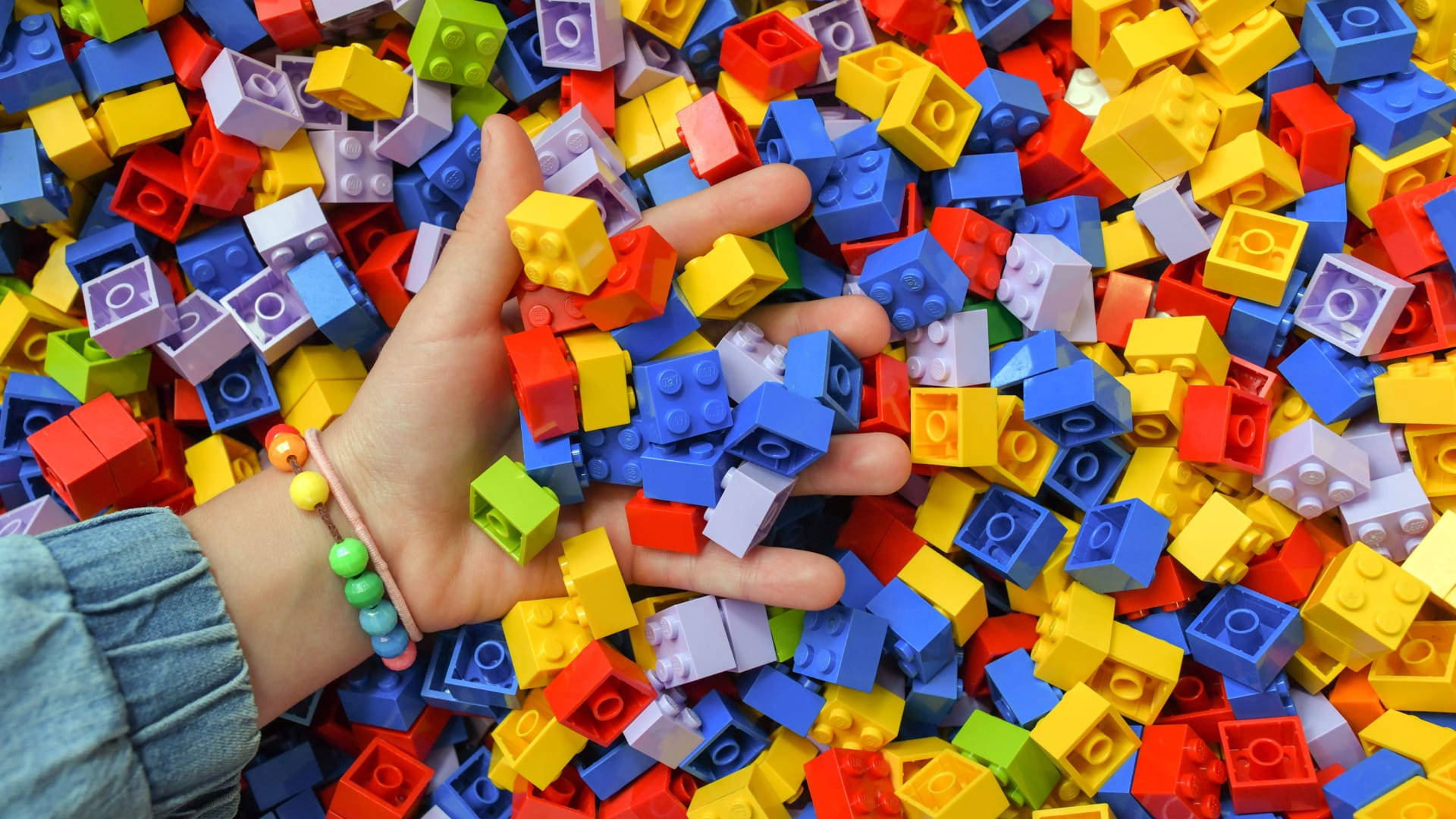
A few weeks ago, Catherine asked Thomas, her 7-year-old, what he would like to be when he grows up. Thomas said he wanted to either run a dog hotel or be a Lego designer. When I was seven, my mum asked me the same question, and I said I wanted to be an astronaut. But I did not do the deed. Unlike me, though, Thomas was active.
The next day he appeared with a letter, written in his “best handwriting,” asking Lego if he could work for them. He wisely shared that he’d be available to help with designing Legos after school, on weekends, and in the holidays—and that his sister would be keen to do the same. His mom put the letter in the mail but also tried to manage his expectations. She told Thomas that while Lego would appreciate his letter, the company probably wouldn’t respond. After hearing what Catherine said, Thomas was very sad and disappointed.
Then a package arrived from Christian Pau, the vice president and general manager of Lego U.K. and Ireland. Inside was a Lego kit and a handwritten letter. In this letter, Pau thanked Thomas for his letter and said his creations look fantastic! He invited Thomas to visit his company (together with his sister and parents) for a juice/tea/coffee and a tour of the building.
“Seeing my son light up with pride at the letter,” Catherine said, “was something I won’t forget.” And neither will Thomas. Christian Pau didn’t know how Thomas might react to his letter. In a broader sense, he doesn’t know what Thomas’s future might hold. He simply took the time to respond. It was a small moment to him—but potentially a huge moment for Thomas. As Catherine wrote, “Thank you...for making my son see that it’s always worth trying.” That’s the real beauty of Pau’s letter. Or you could see it for what it is: someone who took a few moments during a busy day to respond to a child. You can never predict when a small moment will make a big difference.
本时文内容由奇速英语国际教育研究院原创编写,未经书面授权,禁止复制和任何商业用途,版权所有,侵权必究!(作者投稿及时文阅读定制请联系微信:18980471698)
1.What does the underlined part “do the deed”mean?
A Do good things.
B Gain access.
C Take actions.
D Lose heart.
解析:选C。C 词义猜测题。根据第一段最后一句“Unlike me, though, Thomas was active.”可知托马斯(对梦想)积极主动,结合下文托马斯写信给乐高可知托马斯采取了行动,由此推测作者小时候也有梦想,但并未像托马斯一样采取行动。故选C。
2.What did Thomas mention in his letter?
A His hobby and favorite drink.
B His family and favorite drink.
C His hobby and dream job.
D His dream job and schedule.
解析:选D。D细节理解题。根据第二段第一句的“asking Lego if he could work for them”和第二句的“He wisely shared that he’d be available to help with designing Legos after school, on weekends, and in the holidays”可知,他在信中表明了自己为乐高工作的意愿(梦想的工作),并表示放学后、周末和假期都可以帮助设计乐高(日程安排)。故选D。
3.What can we know about Christian Pau?
A He didn’t read Thomas’ letter.
B He thought highly of Thomas’ creations.
C He invited Thomas to work for him.
D He visited Thomas after reading the letter.
解析:选B。B 推理判断题。根据第三段第三句“In this letter, Pau thanked Thomas for his letter and said his creations look fantastic!”可知,他对托马斯的作品评价很高。故选B。
4.What can be learned from the text?
A Small action, huge impact.
B Love me, love my dog.
C Well begun, half done.
D The older, the wiser.
解析:选A。A 主旨大意题。根据最后一段特别是最后一句“You can never predict when a small moment will make a big difference.”可知,我们永远不知道自己的言行何时会对另一个人产生巨大的影响。小小的行动,转瞬即逝,甚至对我们来说微不足道,但可能会改变另一个人的生活。故选A。